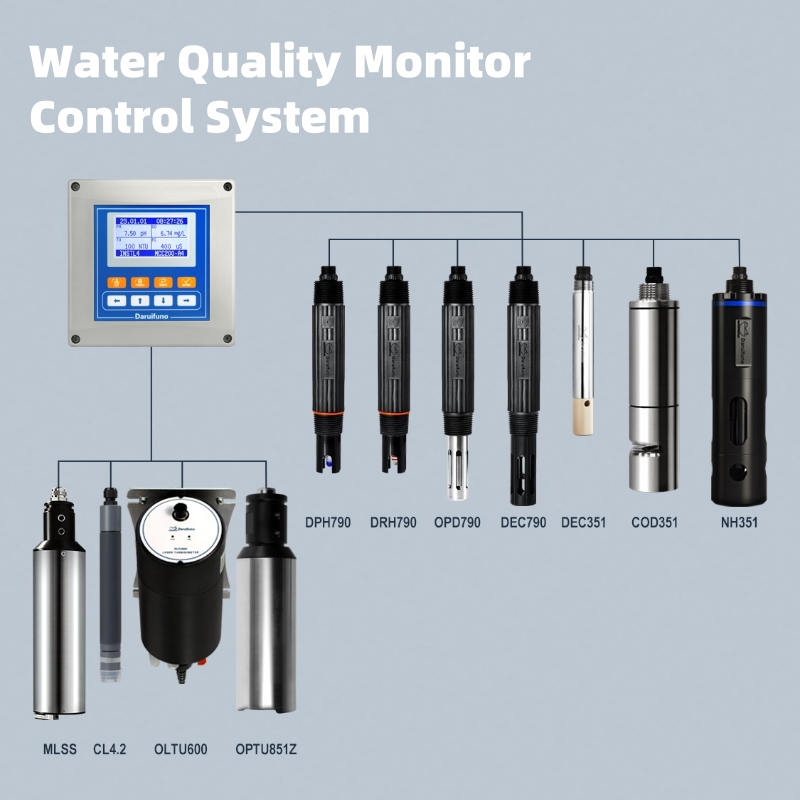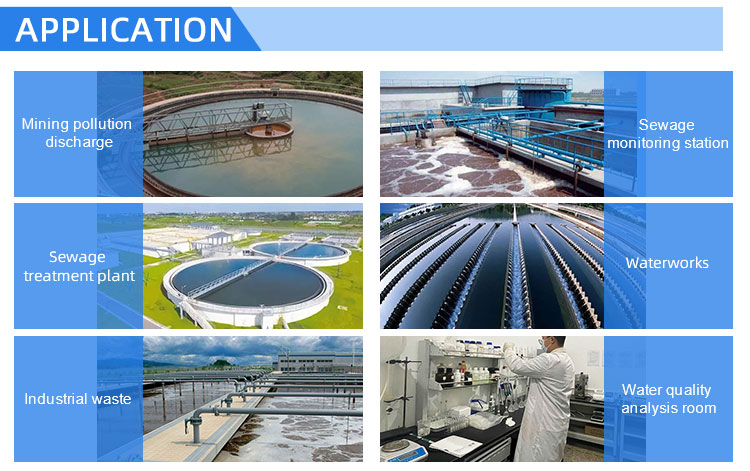The photovoltaic industry is currently facing severe challenges, with deteriorating living conditions and declining revenues for many companies. Major players in the sector are struggling to maintain their independence, as the market becomes increasingly competitive and unprofitable. Wuxi Suntech, one of the leading solar panel manufacturers, has already filed for bankruptcy and reorganization. Meanwhile, another debt-ridden company recently released its 2012 fourth-quarter financial report, which hinted at a potential collapse. Industry analysts believe that the wave of bankruptcies in the photovoltaic sector may be just beginning.
Cai Hongping, a prominent figure in finance, once viewed solar energy as a government-supported success story. However, the current situation has taken a sharp turn, leaving many questioning the long-term viability of such policies. At the "Exploring the Real Growth of Enterprises" summit hosted by Caijing and HNA Group on April 27, 2013, Cai Hongping, then Executive Chairman of Deutsche Bank Asia Pacific Investment Bank, criticized the government's role in the renewable energy sector. He pointed out that industries like wind and solar power—once favored by policymakers—are now facing closure, suggesting that government-backed initiatives often lead to inefficiencies and mismanagement.
In his speech, Cai Hongping emphasized the importance of shifting away from heavy government intervention. He argued that businesses should not rely on state directives but instead follow market signals. He advocated for a "small government and a large society," calling for reduced regulatory control and more autonomy for the private sector. "We must learn from past mistakes and recognize the crucial role that companies and markets can play in driving sustainable growth," he said.
He further criticized the current policy environment, noting that government interventions have become inconsistent and ineffective. "It seems everyone in China is talking about reform, but few are taking meaningful action," he remarked. Cai Hongping urged a return to bold leadership, similar to the entrepreneurs of the 1980s and 1990s, who were willing to challenge the status quo and push for real change.
He also highlighted the need for stronger governance reforms, including reducing bureaucratic controls and focusing on market development. "The central government and central bank have too much influence over macroeconomic policies," he said. "We must reduce regulatory burdens and allow the market to function freely."
Ultimately, Cai Hongping called for a fundamental shift in how the government interacts with the economy. "Let people take initiative, let the market decide, and stop over-regulating. That’s my recommendation," he concluded. His message was clear: for China to thrive, it must embrace a more open, market-driven approach and move away from top-down control.



Overview
Daruifuno's Water Quality Monitor series covers a wide range of controllers and analyzers, focusing on meeting various water quality monitoring needs. Our products include but are not limited to PH ORP Controller/Analyzer, Conductivity Controller/Analyzer, COD Analyzer , Dissolved Oxygen Controller/Analyzer and other multi-parameter devices. Whether it is single parameter or multi-parameter monitoring, Daruifuno can provide a perfect tailor-made solution.

Water quality monitors are key tools for monitoring and evaluating the composition and pollutant levels in water, and are essential for evaluating the safety and suitability of water for various purposes. Whether it is drinking water, industrial water or agricultural irrigation, water quality monitors play an irreplaceable role. It is widely used in environmental monitoring, drinking water safety, industrial production, agricultural irrigation, aquaculture and emergency response to ensure water quality safety and promote environmental protection.
Definition and importance of water quality
Water quality, in short, refers to the sum of the physical, chemical and biological properties of water, which determine the suitability of water. The quality of water is directly related to human health, ecological balance and economic development.

First of all, water quality is essential to human health. Clean and safe water is the source of life, and it plays an irreplaceable role in preventing diseases and maintaining normal physiological functions of the human body. Once the water quality is polluted, it may cause various health problems, such as waterborne diseases, skin diseases, etc.
Secondly, water quality is also crucial to ecological balance. Water is the most basic component of the ecosystem, and the quality of water directly affects the survival and reproduction of aquatic organisms. Polluted water quality will destroy the aquatic ecosystem, lead to a reduction in biodiversity, and even cause ecological disasters.
In addition, water quality is also related to economic development. In the industrial field, the quality of water directly affects production efficiency and product quality. In the agricultural field, the quality of water is directly related to the growth and yield of crops. Therefore, ensuring water quality safety is of great significance to promoting economic development.
The importance of Water Quality Monitor in various industries
Environmental monitoring: The water quality monitor can monitor water quality changes in real time, provide accurate data support for environmental protection departments, help to timely discover and deal with water pollution problems, and protect the ecological environment.
Drinking water safety: Through the monitoring of water quality monitors, it can be ensured that the content of harmful substances in drinking water is within a safe range, ensuring the safety of drinking water for the people.
Industrial production: In industrial production, water quality monitors can monitor the water quality of production water to ensure the stability of the production process and product quality. At the same time, by monitoring wastewater discharge, it helps companies achieve environmentally friendly production and reduce environmental pollution.
Agricultural irrigation: Water quality monitors can monitor the water quality of irrigation water to ensure that irrigation water meets the growth needs of crops and improve crop yield and quality.
Aquaculture: In aquaculture, water quality monitors can monitor the water quality of aquaculture water bodies in real time, detect and deal with water quality problems in a timely manner, and ensure the healthy development of aquaculture.

Conclusion
In summary, Daruifuno's Water Quality Monitor series plays an important role in ensuring water quality safety, promoting environmental protection and economic development. We are committed to providing customers with high-quality, multi-functional and reasonably priced water quality monitoring equipment to help customers achieve accurate and reliable water quality monitoring.
Water Quality Monitor,Water Quality Controller,Water Quality Analyzer,Water Quality Monitoring
Suzhou Delfino Environmental Technology Co., Ltd. , https://www.daruifuno.com
